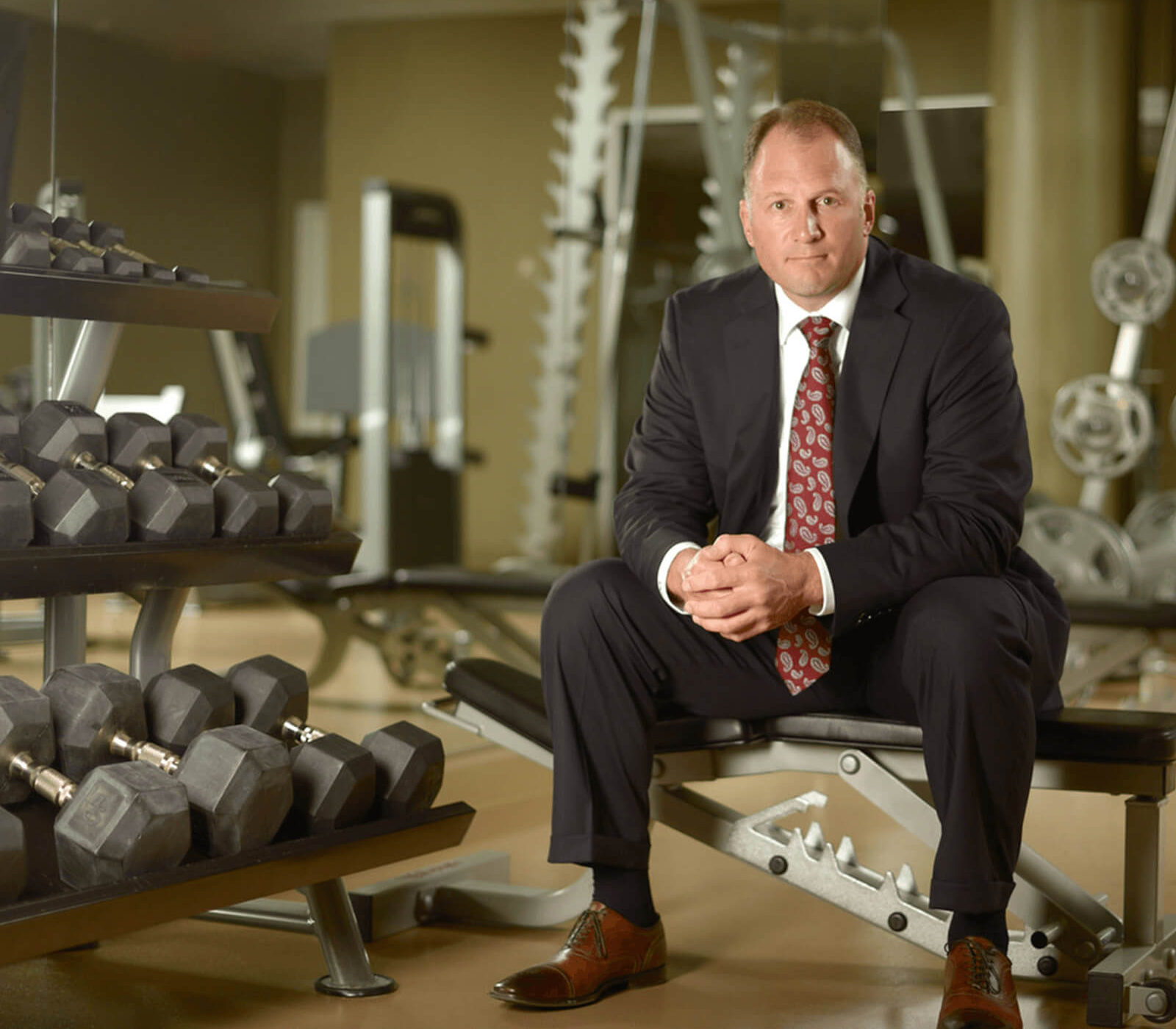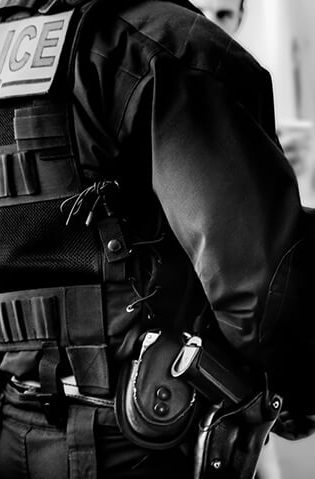For more than 20 years, I have dedicated my entire career as a lawyer to protecting the rights of people facing criminal charges. Come see me at my firm, DeVore Law Offices, in Woodbury, Minnesota to learn more about how I can help you during this difficult time. Speak to criminal defense attorney Kevin DeVore today by calling 651-435-6500 to schedule a consultation with a criminal attorney.
Over 20 Years Experience In State & Federal Court
Kevin is an experienced trial attorney in both State & Federal Courts. Kevin is a Minnesota State Bar Association Certified Criminal Law Specialist and Nationally Ranked Criminal Defense Trial Attorney. Kevin will be your best line of defense from start to finish. Kevin DeVore has been awarded the prestigious “Minnesota Super Lawyer” designation for 18 years, an honor reserved for those lawyers who exhibit excellence in practice. Only 5% of attorneys in Minnesota receive this distinction.
When charged with a crime in Minnesota, it is important to speak to a seasoned Minnesota criminal defense attorney as soon as possible in order to gain the best possible results. You have rights to fight charges and obtain the best outcome. If charged with a crime in St. Paul criminal defense lawyer Kevin DeVore will build an aggressive defense for your case.
From the initial phone call to working behind the scenes, criminal attorney Kevin DeVore has built strong relationships with the prosecutors and judges that he uses to help get the results his clients need even before they go to court. Because of his extensive trial experience and all of the tough cases he has tried across Minnesota, Kevin is able to get many cases settled favorably for his clients before trial so that his clients can avoid the stress and risk of putting their case in the hands of a jury. Kevin helps clients throughout the Hennepin County and Ramsey County including Minneapolis, St. Paul, Woodbury, Oakdale, Lake Elmo, and more.
Contact St. Paul Criminal Attorney Kevin DeVore
Kevin has handled nearly 100 trials in both State and Federal court. Kevin knows the angles and how to work around difficult prosecutors and judges. When you call Kevin, he will help guide you through the legal process for the best possible outcome. Contact Kevin DeVore today 24/7 to start building your criminal defense strategy.




















